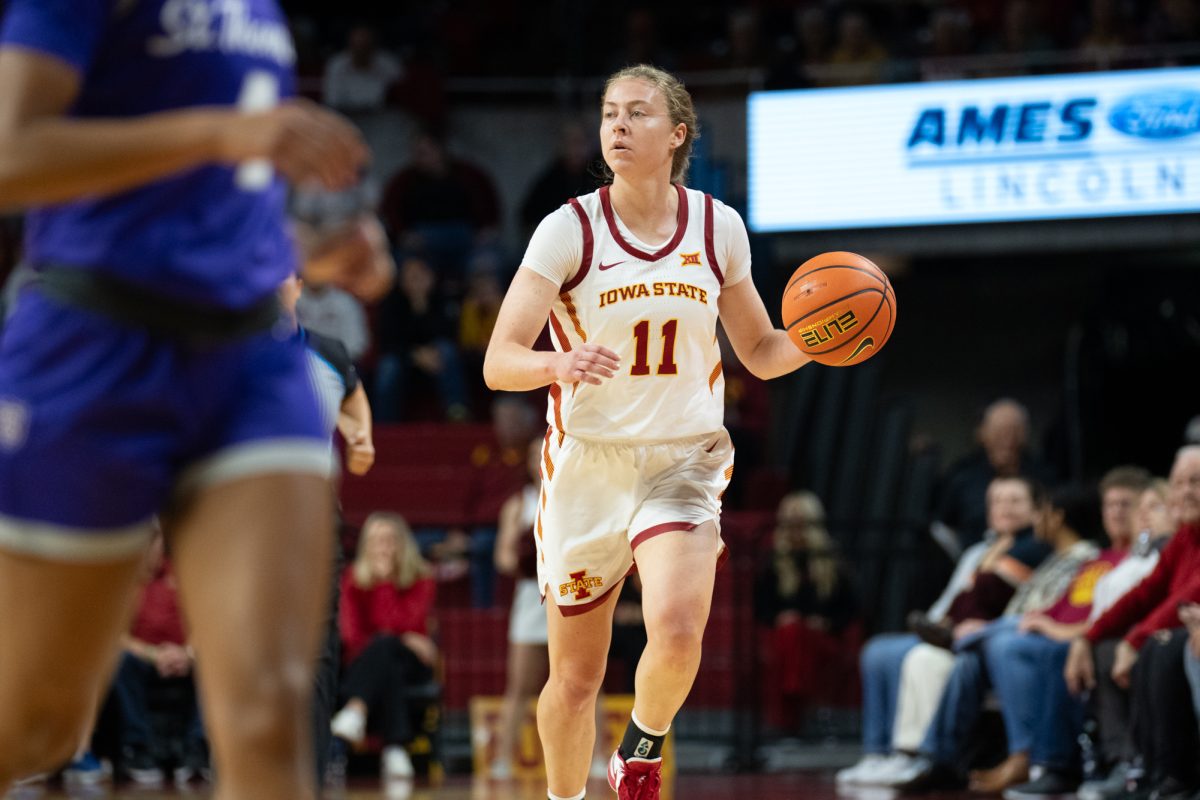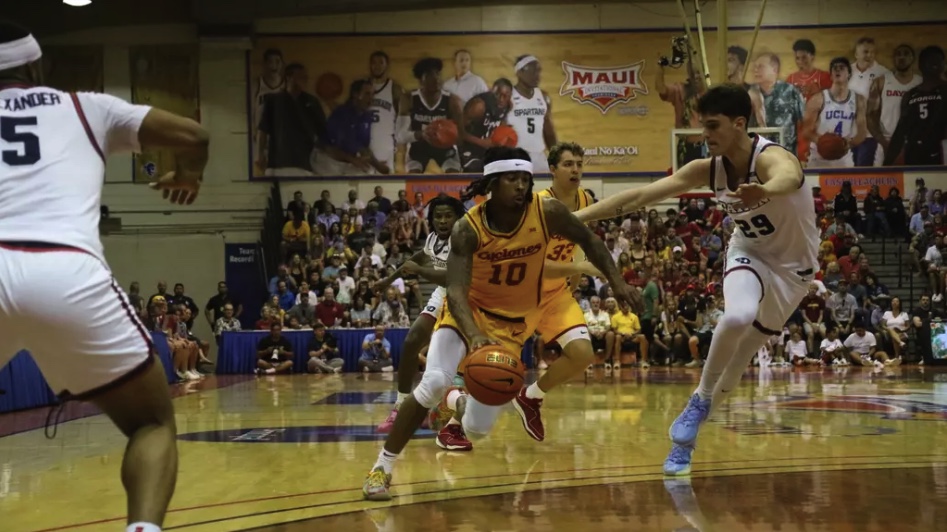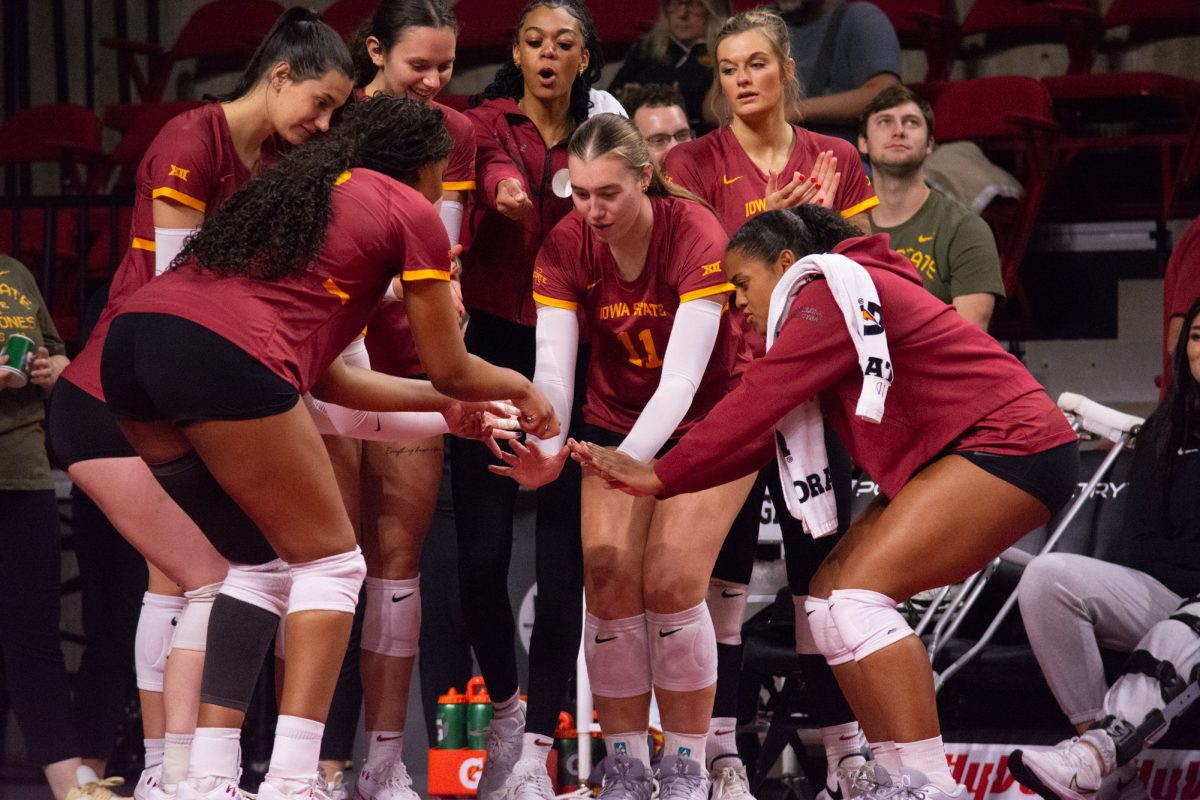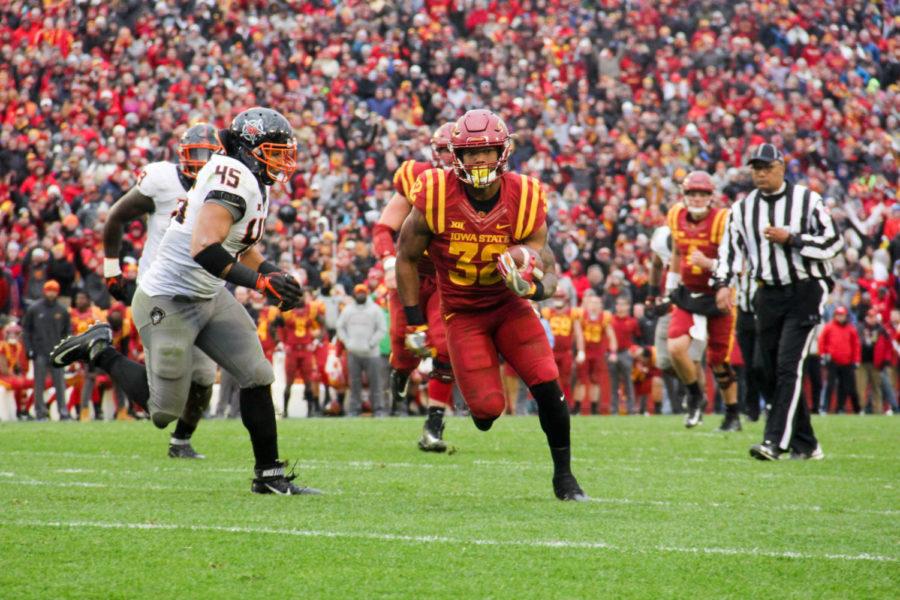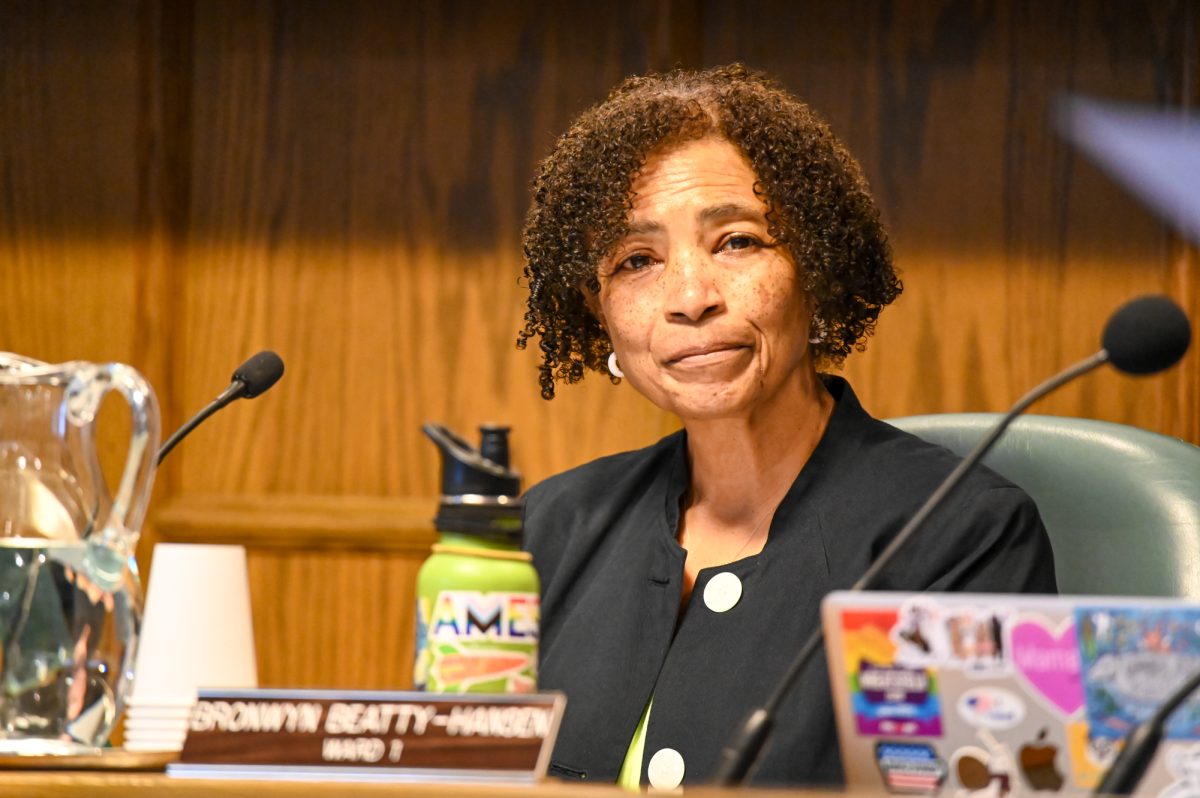LETTER: Nigerian politics misrepresented
April 24, 2003
This is reaction to the news article, “Nigerian president takes elections lead,”(April 22). It is sad to observe the way papers in the West generally contribute to the balkanization of defenseless developing countries by their overblown coverage on cultural, religious, ethnic and other differences within those countries. I am particularly not happy with the terms “Muslim-dominated northern opposition” and “incumbent Olusegun Obasanjo, a southwestern Christian.”
First, it is very wrong for anyone to say the two major parties in Nigeria, the PDP and ANPP, are Muslim or Christian-dominated. The presidential candidate for the PDP, Obasanjo, has a Muslim and northerner as a running mate. Buhari of the ANPP, on the other hand, is running for the presidency along with Dr. Okadibgo, a Christian and southerner.
Second, in the recent congress, gubernatorial and presidential elections, the PDP led by Obasanjo, a Christian, won most of the seats including those in Muslim-dominated northern Nigerian. For instance, the PDP won nine gubernatorial seats in the Muslim north, while the ANPP won only seven. So how can we explain the emphasis on the so-called “Muslim-dominated northern opposition?”
Third, Muslims constitute the majority in Nigeria and it will be impossible for any presidential candidate to win an election without the votes from the Muslims. Based on results released so far, Obasanjo is leading even in the northern Muslim states. And if Obasanjo has actually won those votes in the north, will it be right to address his party, the PDP as a Muslim-dominated party? Why should the ANPP be considered a Muslim-dominated party, is it because its presidential candidate, Buhari is a Muslim? Is that justifiable?
Finally, I will strongly suggest that the Western media should reorient their way of covering events in the developing world. We have had enough of their divisive (Muslim-Christian, Shi’a-Sunni, Israeli-Palestinian, etc.) coverage and what we want to see today is fair, unbiased reporting. We need to see a kind of reporting that is directed toward building bridges across national, cultural, ethnic, religious and other barriers that separate humanity and set part of it against the other. An unbiased and positive reporting of the Nigerian elections, for example, may want to tell the world of how Nigerian politics is changing its orientation from being tribal and regional-based to national in outlook. This was particularly seen in 1993 when northern Muslims rejected a fellow Muslim presidential candidate from the north, Bashir Tofa, to massively vote for a more competent Abiola, who was a southerner. A recent case is that of how the PDP was able to penetrate the stronghold of the southwestern Yoruba-centered Alliance for Democracy (AD) by beating the party in the congressional elections and winning all but one gubernatorial seat in the region.
Bello Umar
Visiting Nigerian Fulbright Scholar


